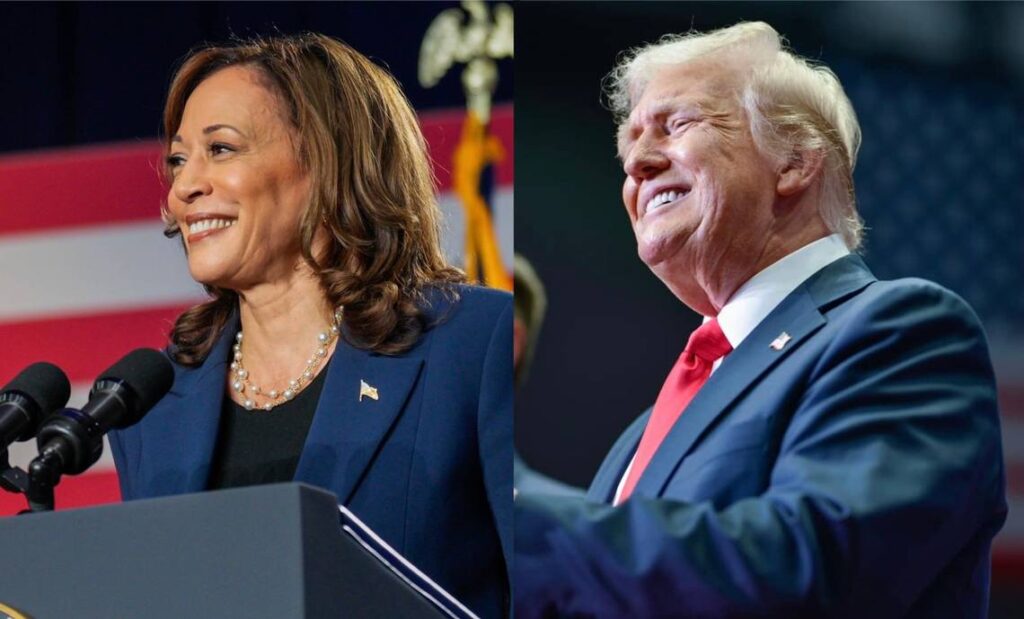
Not long ago, presidential candidates focused on reducing the budget deficit, even aiming to eliminate it entirely. But today, as the deficit widens and the national debt surges to $28 trillion, both former President Donald Trump and Vice President Kamala Harris are largely silent on the issue. In fact, nonpartisan groups project that their economic proposals would further increase the deficit.
The problem is significant. A larger deficit affects everything from home affordability to the government’s ability to respond to emergencies. A deficit occurs when government spending exceeds revenue, requiring borrowing through the sale of Treasury bonds. As borrowing increases, the debt grows, and under current proposals from both candidates, the situation could worsen.
The U.S. debt now nearly equals the size of the entire economy. Even Federal Reserve Chair Jerome Powell has expressed concern, calling for a return to serious discussions about sustainable fiscal policies.
During a recent debate, the budget deficit was barely mentioned, with Harris criticizing Trump for his proposals that could increase the deficit more than hers. But neither candidate addressed solutions to reduce it. According to Maya MacGuineas, president of the Committee for a Responsible Federal Budget, the debt burden of both candidates’ plans would undermine their promises to help American families.
Historically, candidates took the deficit more seriously. In 2008, Barack Obama spoke about living within the nation’s means and balancing spending with cuts. Mitt Romney, in 2012, promised no tax cuts that would increase the deficit. But today, deficits have ballooned, with the U.S. running a $1.9 trillion deficit for the 2024 fiscal year—far larger than the $450 billion deficit in 2008.
The consequences of ignoring the deficit are significant. Rising deficits increase reliance on foreign lenders, like China and Japan, and drive up interest rates, making borrowing more expensive for Americans. The government is already spending more on interest payments than on national defense or Medicaid, according to the Congressional Budget Office.
Federal Reserve Chair Powell warned, “We’re borrowing from future generations,” while economists argue that increasing debt levels are slowing economic growth and posing a national security risk.
So why aren’t Trump and Harris addressing the issue? According to experts, it’s politically easier for both parties to prioritize tax cuts or spending increases rather than making tough decisions on reducing the deficit. But as borrowing continues, future leaders will face difficult choices on where to cut spending and raise taxes.
Though voters may be numb to the risks of rising debt after the pandemic and other crises, experts warn that reducing the deficit would lead to faster economic growth and longer-lasting social programs. Without action, the problem will only grow worse.





